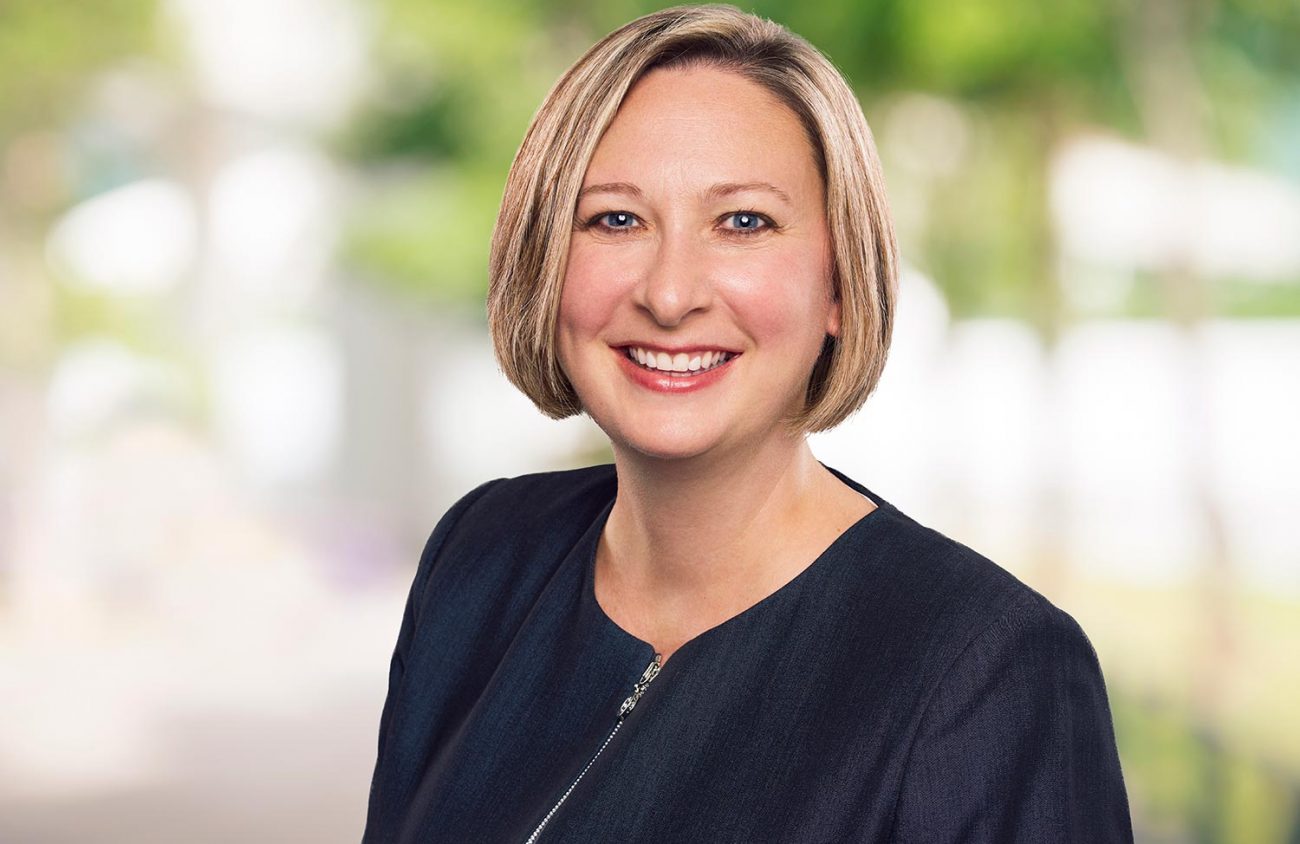Heather Buch has been canvassing for a seat on the Lane County Board of Commissioners since the primary election. She’s been so dedicated to meeting voters that, during summer, she got sunburns. She also says what she’s heard from voters has been priceless.
Buch is challenging former Cottage Grove Mayor Gary Williams for the East Lane County commissioner position. As Buch has been campaigning, she’s been pushing for affordable housing and economic development. And she’s been hearing that rural areas need more access to health care.
Williams was appointed to the board after Faye Stewart stepped down in 2017. Buch was on the shortlist for the position.
When the Board of Commissioners appointed Williams in 2017, now-outgoing Commissioner Sid Leiken said that Buch had one of the “brightest futures” in public service.
That could be seen as quite the endorsement from a longtime Lane County politician — although he now endorses Williams.
Sure, if Buch wins the seat it could result in an ideological change on the board, with three commissioners endorsed by the Democratic Party of Lane County (the position is actually nonpartisan). Despite her affiliation, she says she won’t be a rubber stamp for the party’s platform.
Rather than swinging the board far from where it is now, Buch wants to preserve the Board of Commissioners as a whole rather than being an ideologue who would push it to a more liberal side, she says.
“This is the balancing seat,” she says. “This is where you come together and you can bring some glue to the board as a whole so you can move together on some issues everybody can agree on. It’s such a key seat, and that’s why we need someone who can reach all different political persuasions.”
Buch adds that she can relate to voters of both parties better than Williams because she can talk to liberal and conservative voters, bridging a divide that plagues the country right now.
“The more you shut down and stop talking to people, the more fear generates, and that’s just the opposite of what I want to happen,” she says.
Her financial backing is different from Williams’. Buch’s campaign contributions, according to the Oregon Secretary of State, total $179,525. Her average contribution is $396, and Oregon Realtors Political Committee has contributed the most to her campaign — a total of $18,000.
Other contributors to Buch’s campaign include statewide unions, individual donors and Mountain Rose Herbs.
On the other hand, Williams’ average contribution is $1,432, and he’s received a total of $217,806. He’s gotten money from timber firms like Seneca Jones Timber Company, Lone Rock Timber Management and Starfire Lumber Company.
The highest-paying contributor to Williams’ campaign, however, is an organization called Community Action Network (CAN), which donated — including in-kind and cash — nearly $60,000. CAN recently financed an attack ad on state representative candidate Marty Wilde, a Democrat.
Buch’s campaign hasn’t been focused on metrics and polls. She says she doesn’t want to use campaign contributions for polling. Instead, she’s out canvassing three to four times a week. She uses that face time with voters to gauge what the turnout will be. Buch says she’s feeling positive about how voters see her, and it’s also been a barometer to see what voters think are the pressing issues in rural areas.
That’s how she heard about the need for more solutions in bringing health care access for rural people.
Buch met a woman whose daughter beat cancer. But that doesn’t mean the health checkups end. The woman has to take her daughter to doctor appointments in Portland and Eugene, which means missing work and school.
The county needs to look for ways to bring more medical facilities to the rural regions, Buch says. Community Health Centers of Lane County are located in Eugene and Springfield.
If Buch wins, she wants to look into how the county can create affordable housing and economic development. This includes looking at “low-hanging fruit” to get started on immediately as well as spearheading longer discussions through affordable housing.
If Measure 102 passes, it’ll help in developing affordable housing, she says.
It would give communities an avenue for local governments to explore bond measures and collaborate with private firms.
Not only will it inspire local governments to take advantage of the law to re-examine zoning laws, but it could also result in increased affordable housing in cities where residents are dealing with less than one-percent vacancy rates — like Eugene and Springfield.
To spark economic development, Buch says she would find out what the county commissioners can do to help the small businesses and small towns of Lane County. She wants to know if there’s too much red tape or if they just don’t have access to the county’s services.
One economic development issue Buch is addressing is ensuring that rural towns have access to high-speed internet.
“Right now, it’s not a luxury. It’s a necessity,” she says.
Although Buch is a fresh face to public office, being a newcomer could benefit her. Going door-to-door, she’s heard that people want someone who’s been outside of politics to get involved.
It started with Donald Trump being seen as an outsider compared to Hillary Clinton. While canvassing, Buch says, she’s heard people express distrust with longtime politicians because they no longer understand people’s concerns.
To keep constituents engaged and to maintain their trust, Buch says it’s important to be present and not wait for them to show up at a public forum or a board meeting. She says that if she’s elected, she plans to be present for rural voters because she wants “everybody’s voice to be heard on the Board of Commissioners.”
